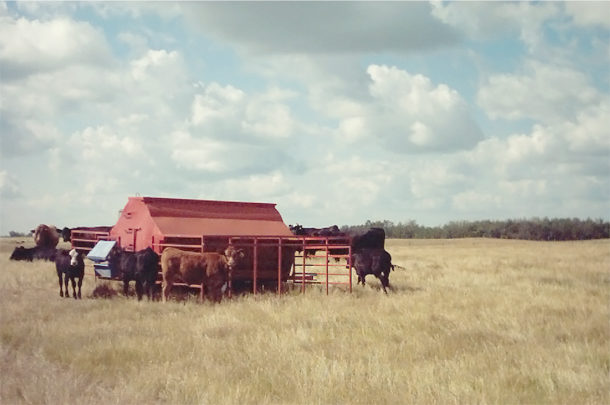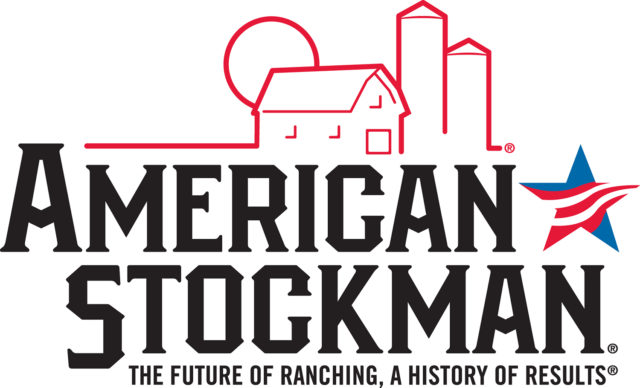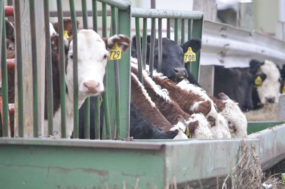For more than 60 years, cattle producers have been feeding yeast products that consistently improve animal performance and health. Yeast culture and yeast cell wall components are effective feed additives for beef cattle. Young, nursing calves must be fed nutrient-dense diets, as the amount of feed they could possibly consume is often limited.
Over the past 35 years, a significant amount of research has been performed to identify effective yeast culture strains and components, to increasing the consistency of responses to feeding yeast, and determining new benefits of yeast feeding for both the animal and environment.
Providing a competitive advantage
Progressive cattle operations are including yeast cultures and yeast cell wall components in the diets of both low- and high-stress cattle, in creep feeds and in feeds targeting traditional, natural and organic beef production systems. Yeast components have been shown to be beneficial for improving rumen health, immune system, protecting against harmful bacteria such as E. coli and salmonella, and promoting growth without the use of antibiotics.
Yeast cultures stimulate digestive microflora, which positively affect dry matter intake, rumen pH and nutrient digestibility. Yeast cultures enhance the cellulolytic or fiber-digesting bacteria in the rumen, leading to an increase in the rate and efficiency of ruminal fermentation. An increase in microbial protein is beneficial, as it provides calves with protein that is both highly digestible and contains a nearly perfect amino acid profile.
Another benefit to stimulating the rumen microbial populations is to increase the speed that feedstuffs are digested, making more nutrients such as energy and minerals available to the calf for its growth and immune system. Also, the animal’s appetite is stimulated, stress is reduced, and the calf maintains a more consistent dry matter intake.
Proven results
Scientific literature revealed daily gain and feed efficiency was improved in 21 out of 23 cattle feeding trials, a 91% response, where yeast was added to the diet. Approximately 2,500 head of cattle were involved in the trials, and the level of responses had positive economic returns.
In several of the pasture studies, not only the creep feed, but also the forage component of the calves’ diet, was studied. These studies indicated yeast cultures would increase both forage intake and utilization.
A three-year trial at Ohio State University confirmed providing yeast cultures to grazing beef cattle can produce heavier calves at weaning. The results indicated including yeast in cattle diets produced calves that averaged a 16.2-pound-heavier weaning weight.
Most recently, research indicates there may also be benefits related to feeding yeast culture in rations containing ethanol co-products. The studies indicate yeast culture contains nutritional metabolites that co-products lose during the ethanol process. Therefore, including yeast culture in creep feeds containing distillers and gluten-type co-products will make them more nutritionally complete.
Benefits of yeast
In summary, including yeast cultures and cell wall components in creep feeds can:
- Promote digestion and the utilization of nutrients, protein, energy and minerals
- Stabilize the rumen so as to avoid the wide variations in rumen pH that interfere with fiber digestion and feed intake
- Promote the growth of fiber-digesting bacteria in the rumen, thereby supporting the rate and extent of forage breakdown
- Stimulate activity of the bacteria that convert lactic acid to propionic acid
- Provide consistent and highly cost-effective returns through greater performance
- Optimize performance
- Support mineral retention

References omitted but are available upon request. Click here to email an editor.
PHOTO: Calves see enhanced growth and immunity as feedstuffs are digested thanks to creep feeds that include rumen microbials with yeast. Photo courtesy of Hubbard Feeds.

-
Twig Marston
- Field Beef Nutritionist
- Hubbard Feeds
- Email Twig Marston









